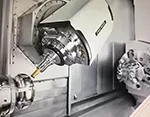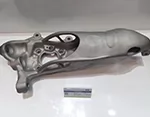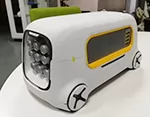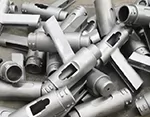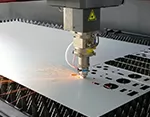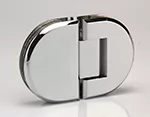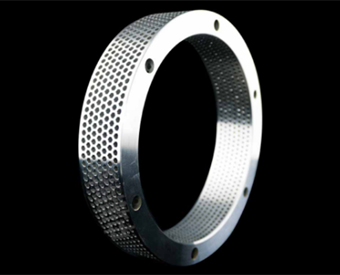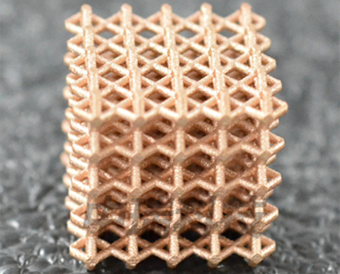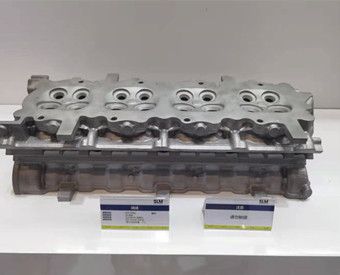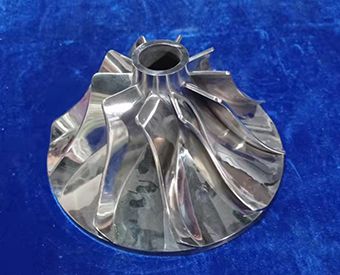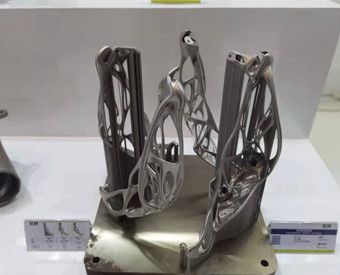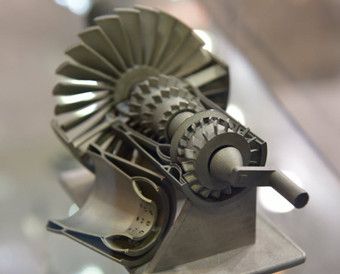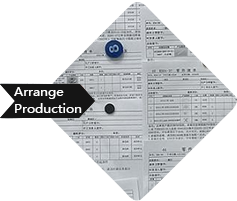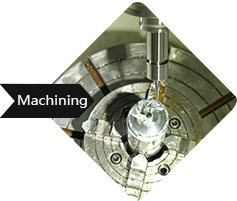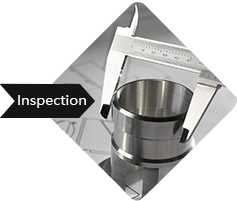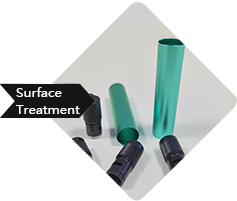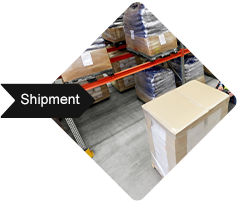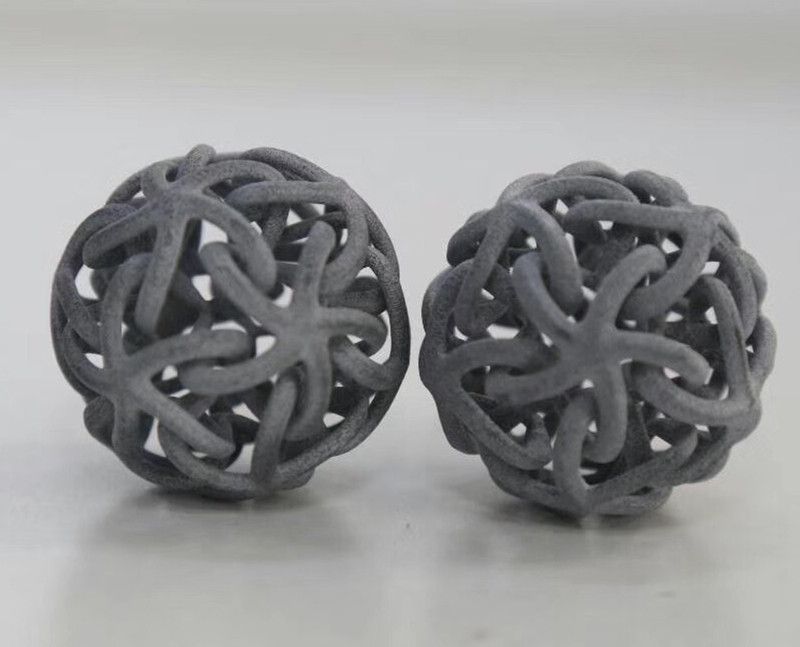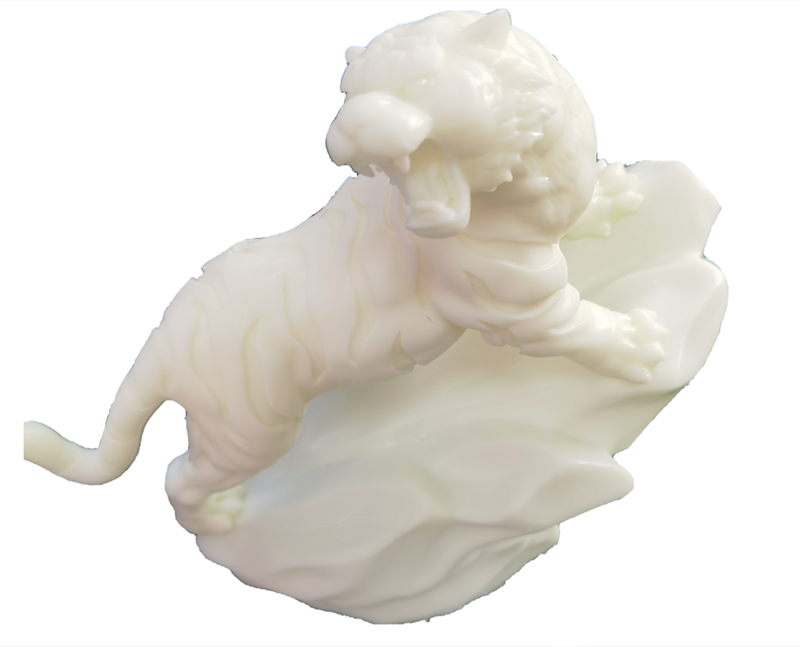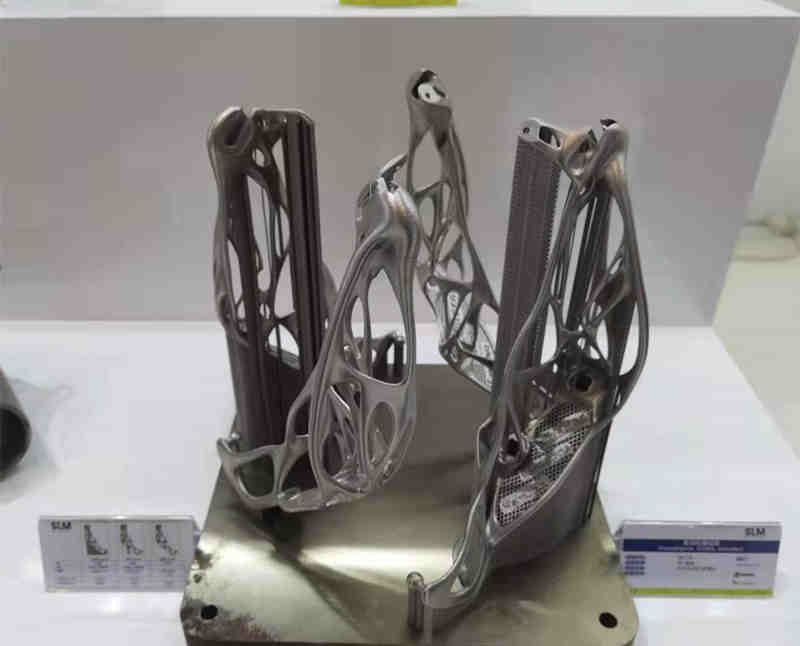-
Service
+
- CNC Precision Machining Service +
- Multi-Axis Simultaneous Machining Service +
- CNC Turning Service +
- Metal 3D Printing Service +
- Rapid Prototyping Service +
- Die Casting Service +
- Sheet Metal Fabrication Service +
-
Finish Serivces
+
- Polishing
- Grinding
- Brushed Finish
- Sand blasting
- Painting
- Powder Painting
- Anodizing
- Hard anodizing Service
- Passivation
- Zinc Plating
- Nickel Plating
- Chrome Plating
- Blackening
- Black Zinc Plating
- Teflon Coating
- Titanium Coating
- DLC Coating
- Laser Marking
- Silk Screen Printing
- Transfer Printing
- Micro Arc Oxidation
- Industries +
- About Us +
- Resource +
- Contact Us
- Quote

-
Service
-
>
-
>
-
>
-
>
-
>
-
>
-
>
-
>
-
- Industries
- About Us
- Resource
- Contact Us
What is metal 3D printing?
Metal 3D printing is an additive manufacturing process that produces parts by fusing metal particles together layer by layer to form a metal part. It is often chosen as an alternative to CNC machining or metal casting because it can produce parts with the strength and durability of metal, while also taking advantage of the design freedom 3D printing offers. It can generate complex designs, including lattice and topology-generated structures, neither of which can be fabricated by traditional CNC machining.
The advantages of metal 3D printing
Metal 3D printing has advantages because it can produce high-performance, complex metal parts suitable for a variety of end environments. Metal 3D printed parts are isotropic, meaning they have uniform multi-directional strength and the superior mechanical properties of metals such as aluminum, stainless steel, titanium, Inconel, tool steel and stainless steel-bronze composites.
3D metal printing can also be used to combine multiple assembly components into a single part. This generally results in a stronger structure by reducing the points of failure introduced by threads and inserts.
With metal 3D printing, CAD file information is sent directly to the printer, which means parts are often cheaper and faster than producing machined metal parts. Machined metal parts have overhead costs such as tool setup and longer machining times.
Application of metal 3D printing in various industries
Metal 3D printing can be used for rapid industrial machining, where metal 3D printing can be used for parts with complex curvatures and small thin-walled parts such as conformal fixtures, impressions, dies, and cutting inserts.
For other industries such as consumer products, robotics, aerospace and defense, metal 3D printing can be used to integrate fastening features, end effectors, and metal lattice structures. Because of their excellent durability and strength, metal 3D printed parts can be used for fully functional post-prototyping or end-use parts for any of the above-mentioned applications.
Metal 3D Printing Equipment
SLM280

| LASER SYSTEM | Type: Fiber laser |
| Wavelength: 1064nm | |
| Power: 500W | |
| RECOATING SYSTEM | Process:bi-directional scraper paving |
| Normal Build:0.05mm | |
| Quick Build:0.05~0.15mm | |
| Precision Build:0.02~0.05mm | |
| OPTICAL & SCANNING | Beam (diameter@1/e2):0.06~0.20mm |
| Scanning Galvanometer:High Speed Scanning Galvanometer | |
| Parts Scanning Speed:1.0~4.0m/s (recommended) | |
| Blank Jumping Speed:10.0m/s (recommended) | |
| Reference Building Speed:4~20cm³/h | |
| SHIELD SYSTEM | Protective gas:N2 / Ar |
| Flow Control:0~3 L/min intellient adjustment | |
| dust extraction control:High efficiency Protection recycling system | |
| BUILD VAT | Volume:Approx. 25L |
| Size:280mm(X) × 280mm(Y) × 350mm(Z) | |
| Max Weight:70kg | |
| Type:Precision resistor heater | |
| Materials:Stainless Steel / Die Steel / Titanium Alloy / Aluminium Alloy / Co-Cr Alloy / Nickel Alloy / Cuprum etc. | |
| SOFTWARE | Network:Ethernet, TCP/IP, IEEE802.3 |
| Control Software:iSLM(Presto SLM) | |
| Date Preparation Software:3dLayer | |
| Data Interface:CLI file, SLC file, STL file |
Inspection Equipment
| Equipment | Quantity | Brand |
| CMM | 2 | LEAD |
| 2.5D | 3 | |
| XRF Spectrometer | 1 | HITACHI |
| Altimeter | 1 | |
| Calliper | 20 | |
| Micrometer | 10 |
Available Materials
Stainless Steel( 316L ), Aluminium Alloy( AlSi₁₀Mg ) ,Titanium Alloy( TC4 ) Co-Cr Alloy( MP1 ) , Die Steel( MS1 ), Cuprum( Cu )
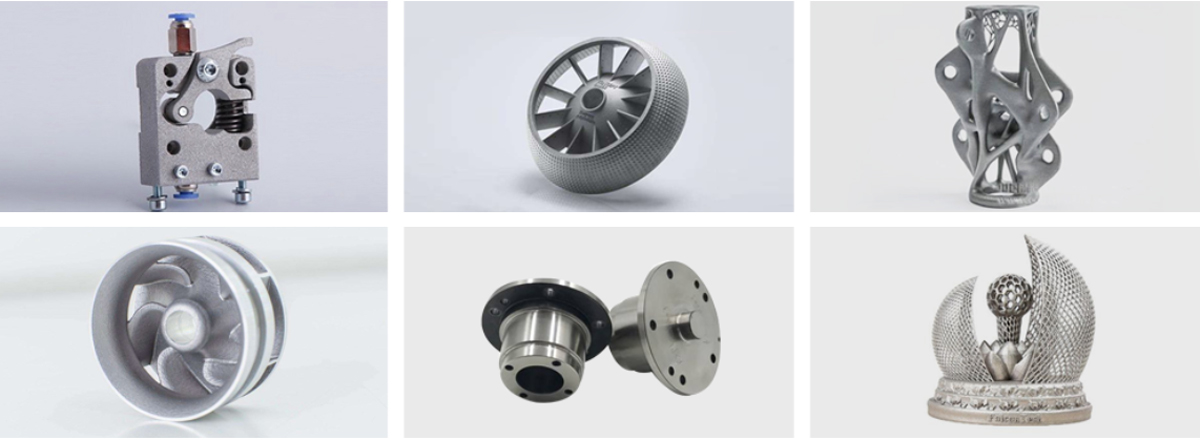
Regular Production Standard of Tolerance
0.02~0.05mm
SLS(Selective Laser Sintering). The SLS technology means that the selective laser will irradiate the material powder, and make the special additive material melted. These special additive material will become the binder, and make the metal powder combined and formed to expected 3D model. Then the metal 3D printing will be completed.
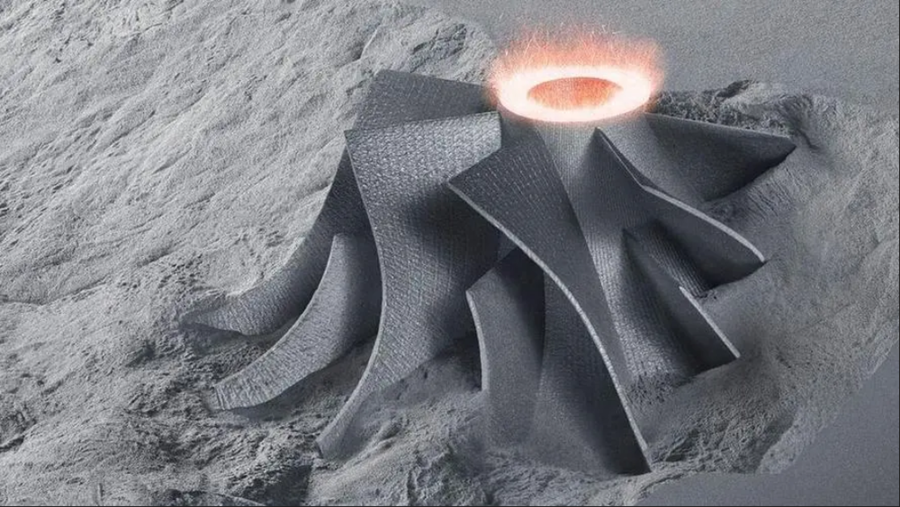
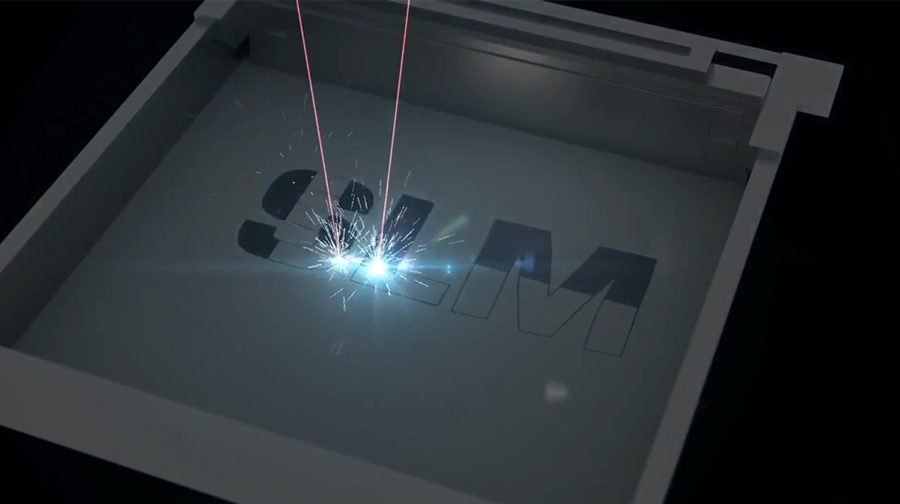
SLM (Selective Laser Melting) uses selective laser melting technology which melts metal powders and solidifies layer by layer until a three-dimensional part is built. During the process, the ruler in the build chamber will pave one layer of the metal powder, a high powered laser selectively fuses the powder by tracing cross-section of the part on the surface of a powder bed and then a new coat of material is applied for the next layer. The whole process is in a high vacuum chamber or full of protective gas chamber to avoid the metal powder reacts with oxygen at high temperature.
SLM is using a high energy and fine spot laser, The equipment can complete complex parts in a very short period time while using conventional methods that will take several weeks or even months to complete in comparison. Parts not only have precise dimension, high tensile and high density, but also excellent in mechanical properties. Mainly used for rapid production of high-precision, high quality metal parts.
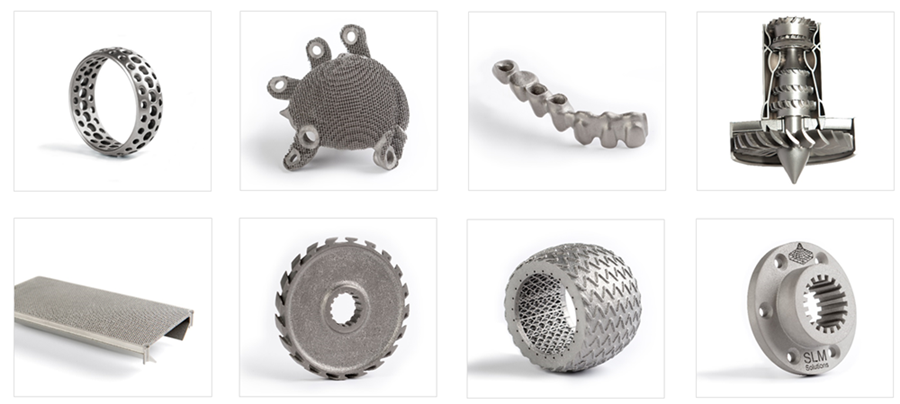
SLM Product

